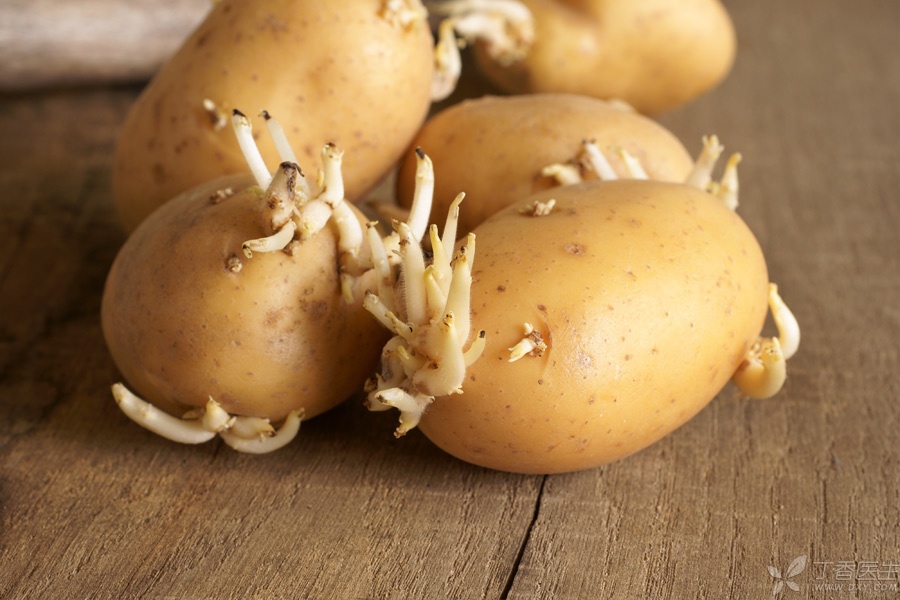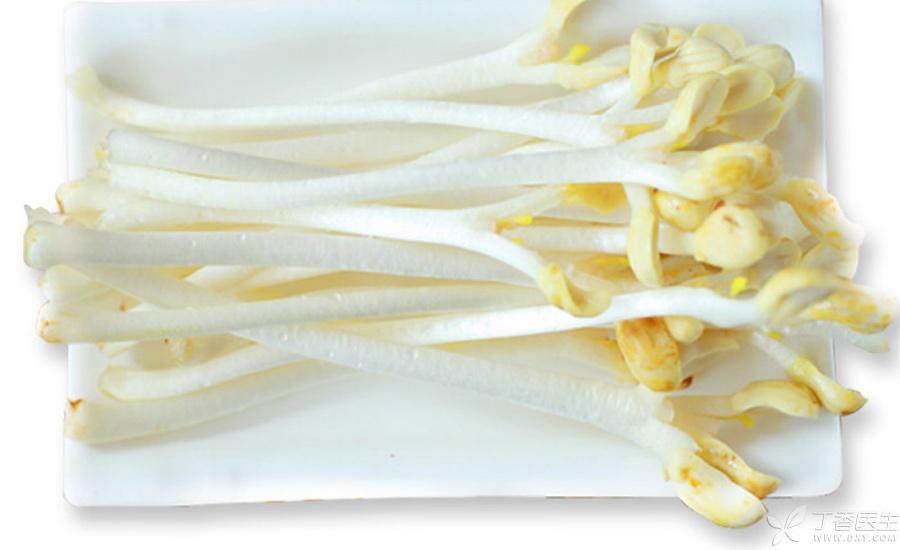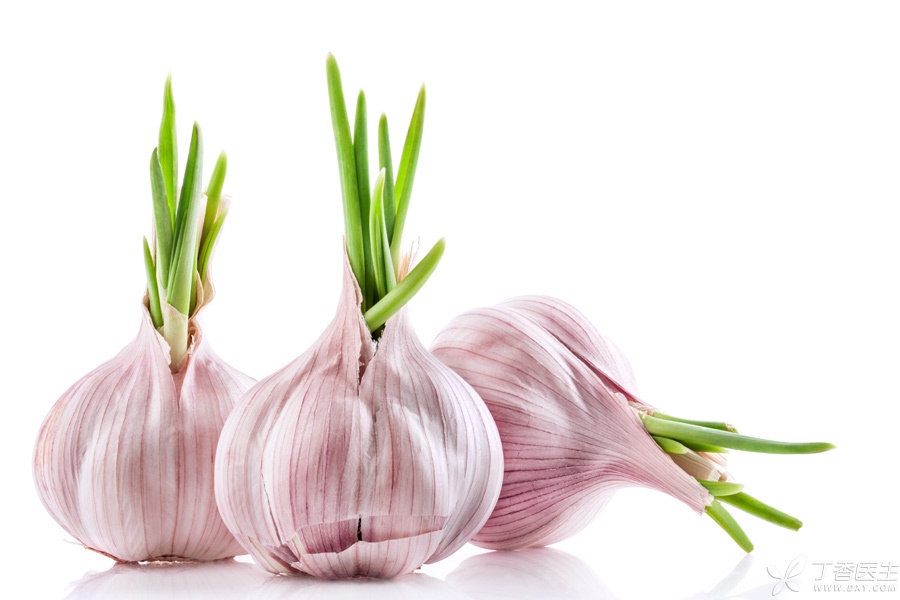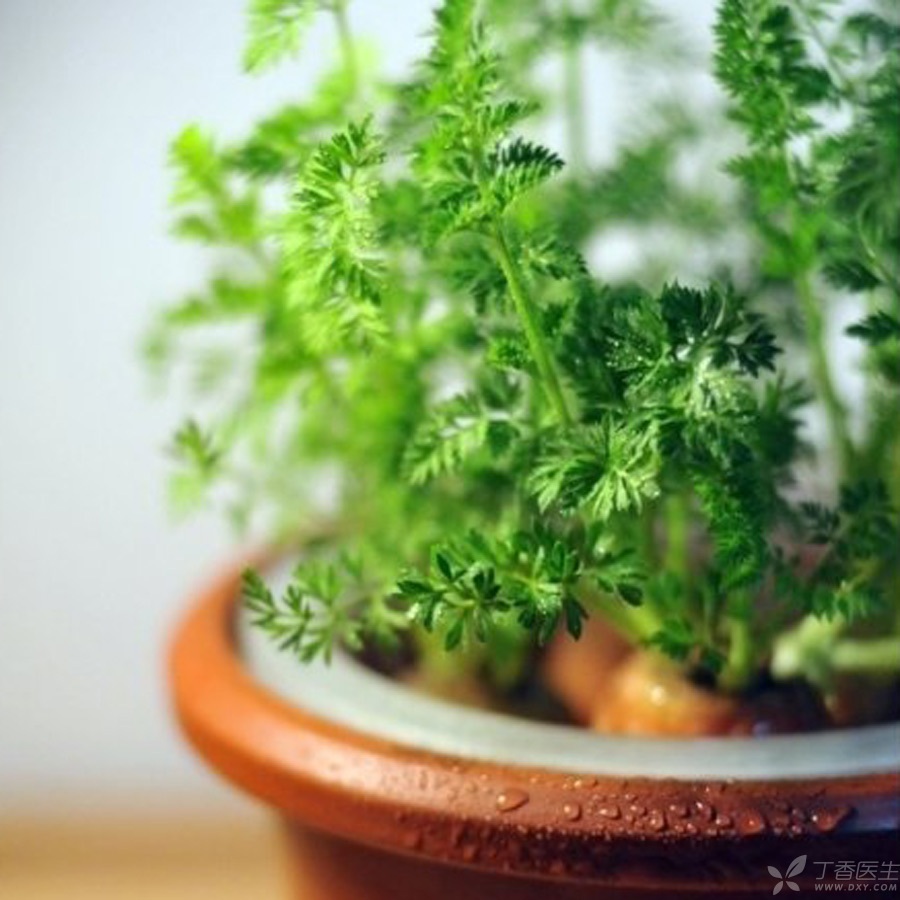
It is common for food to sprout and branch. However, this has brought confusion to many people:
Good food has sprouted, can it still be eaten?
In fact, whether food can be eaten depends not on its state, but on whether it contains toxic substances.
Potatoes are sprouting. Please throw them away.

When it comes to [sprouting food is poisonous], potatoes are definitely on the list.
In order to resist the invasion of pests, potatoes can produce some toxic substances to protect themselves, the most famous of which is [solanine].
The solanine produced by potatoes mainly exists in stems and leaves, and the part we often eat is its tuber.
The content of solanine in potatoes we eat is very low under normal conditions, but once it starts to sprout and turn green, solanine will be produced in large quantities, exceeding the safe range for eating. Therefore, eating sprouted potatoes can easily lead to food poisoning.
However, giving up the whole potato just because it sprouted seems a bit against the traditional virtues of thrift of the Chinese nation. However, solanum nigrum alkali is a relatively stable substance against cold and heat. It is difficult to destroy it by ordinary cooking, stewing and frying. What should I do?
Many people’s treatment method is one word: cut!
Indeed, if germination has just begun, Solanum nigrum alkali is still mainly distributed on the surface near the soil bean sprouts. At this time, the sprouts are cut off and the thick layer around them is cut off, and the rest is still edible.
However, in fact, many people cannot judge the germination degree of potatoes or how much is appropriate. So for the sake of safety, it is better to throw it away and save yourself some medical expenses.
Save Tips:
When vegetables are bought, they must be placed in a cool and dry place, or put into paper bags and refrigerated in the refrigerator. If plastic bags are used, it is better to pad some absorbent paper towels under them.
Sweet potato: You can eat it when it sprouts, but be careful of mildew.
Perhaps it is because the appearance and taste are very similar, so potatoes and sweet potatoes always make people feel that there is no difference except sweet and not sweet. Potatoes germinate and produce toxins, is sweet potatoes the same?
In fact, although the English name of sweet potato is sweet potato, it and potato are completely two kinds of plants. Potatoes are Solanaceae, sweet potato is Convolvulaceae, and one is tuber and the other is root tuber, which is completely incomparable.
Therefore, if the sprouting of potatoes is poisonous, it is determined that the sprouting of sweet potatoes is also poisonous, then the common vegetable in the south, sweet potato leaves, is really going to be wronged to death.
For sweet potatoes, germination itself does not produce harmful substances in what, but we do not recommend people to eat sprouted sweet potatoes.
Because the environmental conditions suitable for germination are likely to lead to mildew, mold will produce some toxins in the process of growth and reproduction, such as sweet potato ketone, which is the possible danger of sweet potato germination.
Generally, sweet potato germination will be accompanied by mildew, so we must check carefully. Once abnormalities are found, we must never eat them again. We must plant them in the soil to make potted plants or wait for sweet potato leaves to be more reliable.
By the way, purple potatoes and sweet potatoes belong to the same family and can be treated the same way.
Peanuts: To be on the safe side, it is recommended to throw away the sprouts

In the past two years, all kinds of sprouts have become the new favorites of all kinds of dishes. Peanut sprouts, as the representative of them, are very popular. This actually shows that peanut sprouts themselves can be eaten.
However, it is not a good food choice for what to suddenly sprout peanuts that have been kept in one’s home for a long time, or to use peanuts that are already not very good to cultivate sprouts. Because after the peanut shell is damaged, it is easily contaminated by mold and generates terrible aflatoxin with strong carcinogenic effect.
On the one hand, it is suitable for germination humidity, temperature and other conditions, and is very suitable for mold growth; On the other hand, if peanuts are not very good, then mold is likely to already exist. Therefore, sprouted peanuts at home are likely to be a comfortable hotbed for aflatoxin production.
Therefore, if you can’t confirm whether the sprouted peanuts in your home are moldy or not, it is safer to throw them away. If you want to eat peanut sprouts, it is recommended to go to a reliable farmer’s market or restaurant and buy them.
Of course, besides peanuts, there are many other varieties of sprouts. If you make them at home, you must pay attention to avoid mildew.
These foods have sprouted, which may not be a bad thing.
1. Ginger, Garlic, Onion

These pungent-smelling foods are usually used as condiments and are likely to be forgotten with only a little bit. When you think about them, take them out and have a look. The new buds have grown old.
For this kind of plants, germination will not produce toxins, and generally will not be accompanied by mildew and decay, so it is relatively safe. However, as an important condiment, germination will affect its taste and flavor to some extent. For example, the taste will become lighter, the texture will become dry and fibrotic, and the taste will become [chaff], [wood], etc.
However, sprouting also has a good side for garlic and onions. If you don’t worry about eating it and your gardening level is good, there may be garlic sprouts and fake [scallions] to eat in the future.

2. Radish, cabbage, rape, etc.
Many small tutorials on kitchen bonsai on the Internet teach you how to turn radish pedicles, cabbage roots, etc. into lovely small green plants.
It feels amazing? In fact, experienced people in the kitchen all know that these vegetables have been kept aside for a long time. As long as the conditions are right, they will grow new branches and buds and even bolt and blossom.
For these vegetables, germination has no safety problem, but it only affects the taste and nutritional value. It doesn’t matter if you really don’t want to eat them. You can plant them as a kitchen scene, and it is also very good to nourish your eyes.

Dr Clove said:
For vegetables, freshness is the most important quality assurance, and sprouting usually represents the expiration of the best eating period. In order not to keep doing the multiple choice question of “eat or not eat”, buy less next time you buy vegetables.
